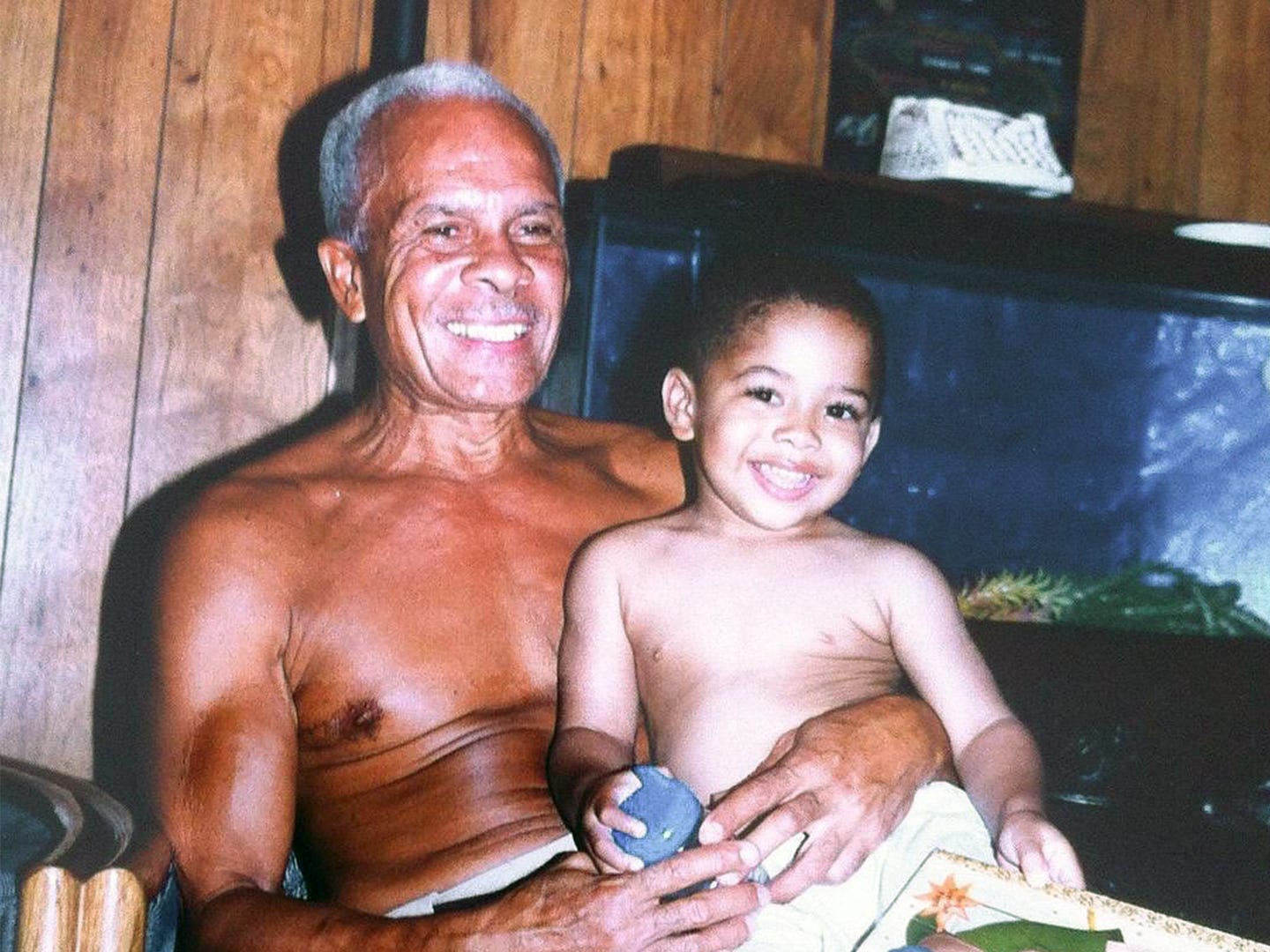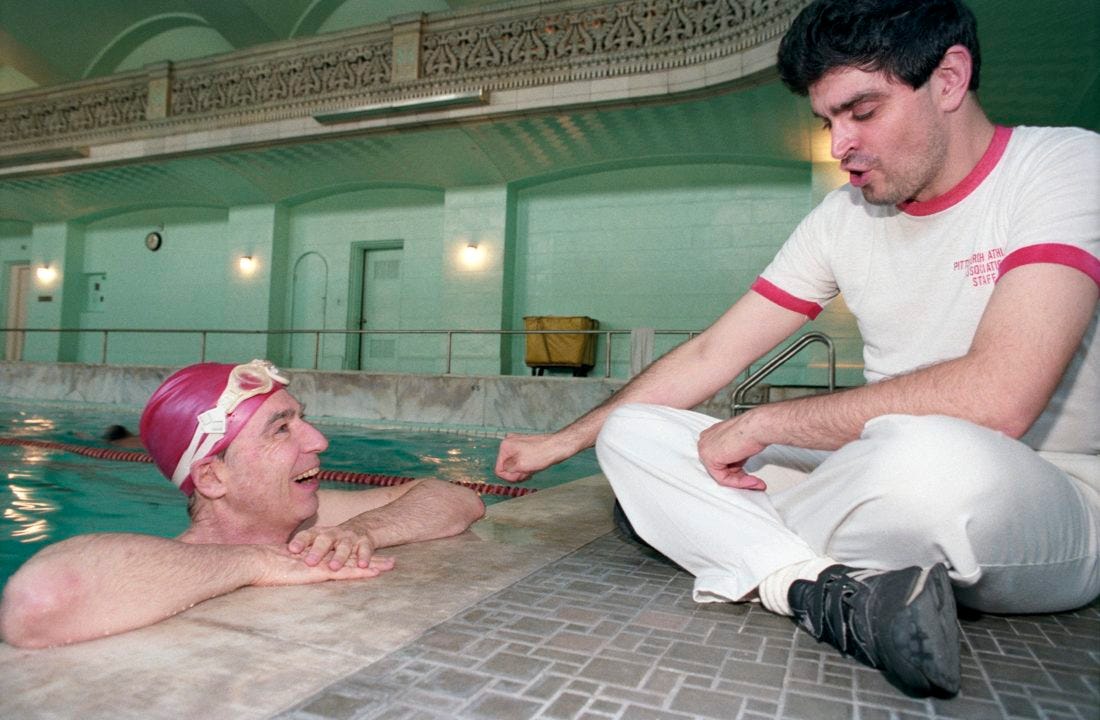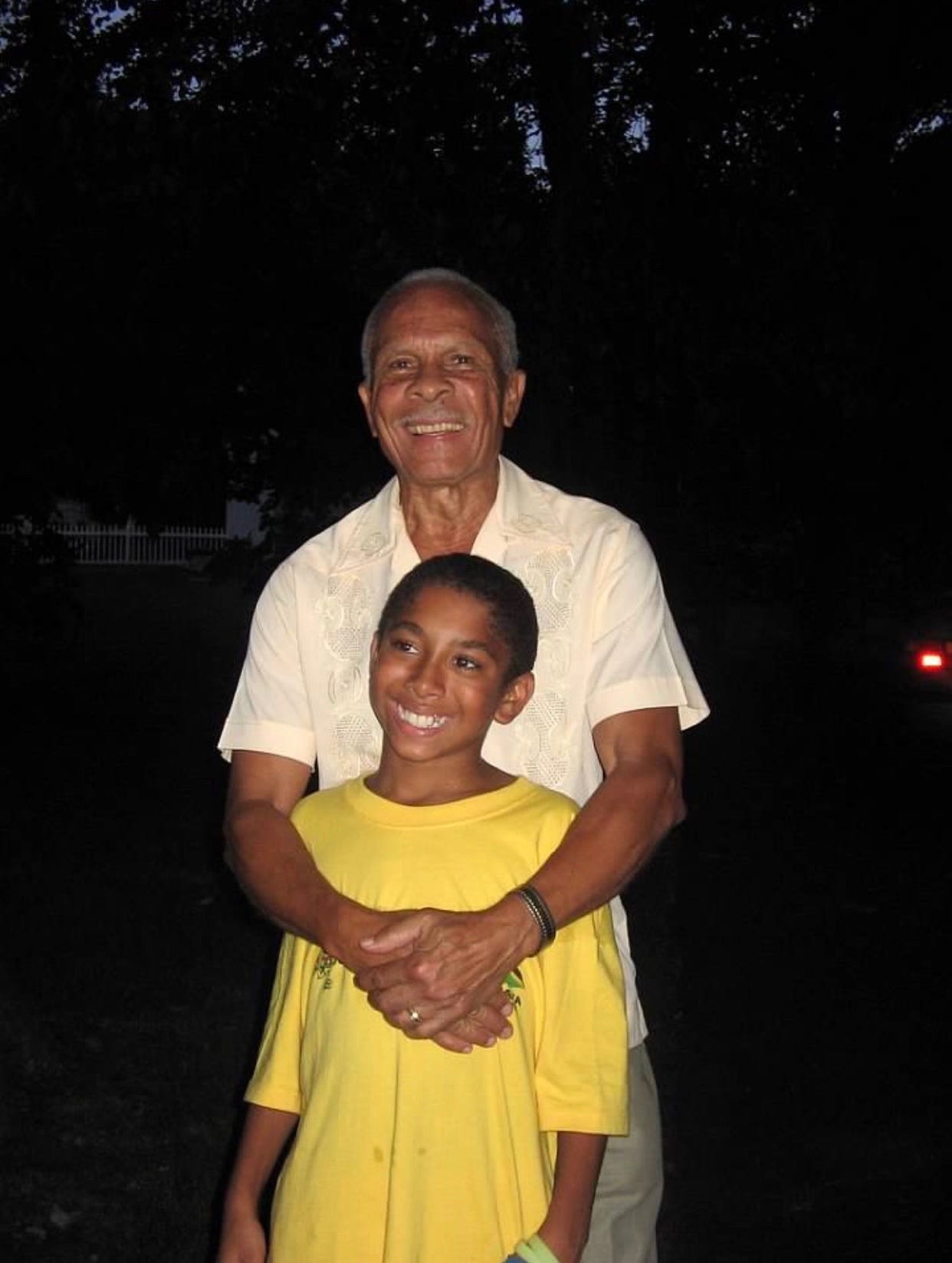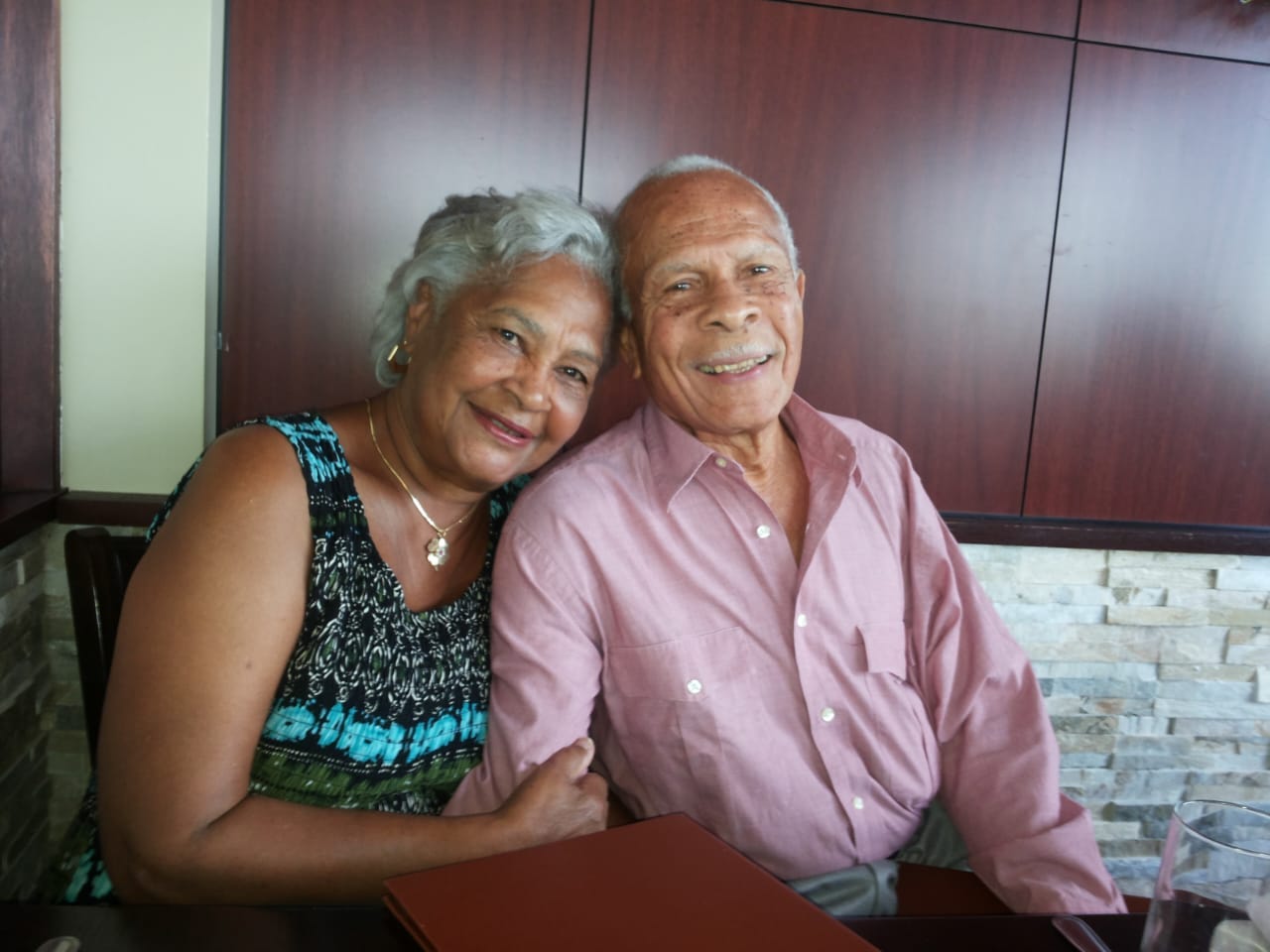Not Another Math Lesson
Mornings with Grandpa & Notes on Balance
I always thought discipline was a bad thing—or at least had negative connotations. Visions of detention and getting my phone confiscated. It made me feel like I was in trouble, which is how I felt whenever Grandpa C called me to the living room for math lessons.
I spent a few summers in elementary school visiting my grandparents in Long Island. During the day, I would go to basketball camp at Hofstra University. Grandpa C would be in the living room when I woke up. Every morning, I watched him do sit-ups from the upstairs landing. An ear-piercing whistle would come from the tea kettle. He would then go to the kitchen and have his tea and a bowl of porridge.
Grandpa C read his Bible and the daily newspaper as he enjoyed his breakfast. This is about the time I’d come downstairs. My grandma would give me scrambled eggs with ham and cheese, made just for me, and I’d pull the comics section from Grandpa’s paper. But not the crossword puzzle. That was his. Sometimes we’d solve it together.
When the bus arrived for camp, Grandpa would see me out, waving through the screen door—and I’d wave back, hoping he’d forget about our nightly math lesson. But he never did. And I guess I haven’t forgotten either.
Grandpa C is older now. He just turned 92 in January, and I’m thankful we’ve had him with us for as long as we have. That he’s still here. A model of continuity. Consistency. And that word I’m renegotiating my relationship with: discipline.
I’ve spent a surprising amount of time thinking about Fred Rogers, famously known as Mister Rogers. I didn’t watch much of his show, Mister Rogers’ Neighborhood, when I was a kid. But a few years back, I read The World According to Mister Rogers—a curation of his speeches, program transcripts, books, letters, and interviews. Joanna Rogers, Fred’s wife, wrote the foreword.
“Discipline was his very strong suit,” wrote Joanna about Fred. “If I were asked for three words to describe him, I think these words would be courage, love, and discipline—perhaps in that very order.”
Joanna witnessed Fred start every day by praying for his friends and family, reading the Bible, and going for a swim. His choices reflected what he considered important. They illuminate the type of person he wanted to be. We have a limited amount of time on earth, and I believe there’s something to be said for our choices while we’re here.
In Ross Gay’s The Book of Delights, there’s a chapter where he writes about the “delight of inefficiency.” He describes inefficiency—“lounging, sipping coffee, listening to the oatmeal talking in the pot”—as something that was not an option for his family due to them being “kind of broke and hustling to stay afloat.”
Even within our culture, doing nothing—or moving slowly—is treated as wasted time. Our lives are viewed as businesses for which every moment should produce a return on investment. We “earn” our “worth” with how we “spend” our time. Capitalism knows no bounds. Even our language is up for grabs.
It is no surprise we burn out. We’re instructed to focus on what we must do and rarely taught to understand who we want to be. And when we become overwhelmed, there is no room for recovery because its requirements often don’t have a profit motive. We feel like we’re wasting time by resting—and rest is typically viewed as something we only do so we can perform better at work.
I’m more interested in sustainability. Consistency. The longevity that balance and discipline offer. And that’s less about all the things I can do; it’s understanding I want to be good, and I want my people to be good. I want to be awake, alive, and alert. I want to love—and I want to maintain my capacity for love. I want to retain my ability to care.
Last October, at my sister’s sweet 16 birthday party, Grandpa C joined my grandma on the dance floor. Surrounded by their children and grandchildren, they danced hand in hand. My grandma’s song, “I Am Blessed” by Mr. Vegas, played. We all sang along:
“I am blessed, I am blessed
Every day of my life I am blessed
When I wake up in the morning
And I lay my head to rest
Every day of my life I am blessed”
It’s a blessing to know who’s holding you. Grandpa C has challenges walking now. If he’s not using his walker, Grandma T usually helps him along. She knows his strengths and weaknesses and has seen him at his most resolute. Grandma T witnessed my grandpa's morning routines, which I’m sure he still has today—even if they’ve had to be adapted. And she gets to be with him now as they age gracefully together.
I’m grateful for the people who witness our being and becoming. The daily steps we take, even if they can feel like nothing.
In figuring out what I wanted to write, I discovered two notes on my phone that start with the word: balance. I made both of them within a day of each other without realizing it.
One was a screenshot of a text I sent to my friends. In the message, I shared that my wife complimented how I've balanced my commitments. It hit deep. Elizabeth has seen me at my most overwhelmed. She was there when my priorities were alarmingly out of order, and we worked through it together. She celebrated my going back to therapy. She’s witnessed how I’ve rearranged my schedule and tried to be more intentional with my time. Elizabeth holds me.
I made the other note for a similar purpose. I wanted to remember the words a brother gave me. We sat next to each other in a circle of Black men openly sharing how to care for our communities. Afterward, the room filled with daps and hugs. I said what’s up to the dude next to me. I’d seen him before. He squared his shoulders and spoke to me directly, “Every time we’re in spaces together, I get this sense of… balance.” There goes that word again.
Most of the time, I take notes on my phone because I want to come back to them. It doesn’t always happen, but I know there will be something for me when I do. I’ve prioritized balance in my schedule and well-being because I don’t want to lose myself. I don’t want to be so caught up in one thing that I forget the other people and responsibilities in my life.
Balance is not carrying everything; it’s holding what I know I can carry and letting others take what I can’t. It’s trusting my witnesses, the ones who see me and know me. It's giving myself to inefficiency, knowing my productivity doesn’t define my identity. Balance requires discipline—a commitment to consistency. Continuing to show up for myself and my people. Even if it includes math lessons.
I still haven’t forgotten.







Ugh this was so moving and beautiful and a total joy to read.
I wholly agree! Balance is truly deciding what is important, and then acting on it through prioritization. Everything else falls to the way side. I had no idea the level of contentment I'd experience being consistent on what I choose. It's a little addicting to see how continually showing up is allowing my life to bloom. Thank you for the read, your family is beautiful.
I just love how many lovely people you have in your corner and how you write about them. So damn beautiful